Breaking News: AI's Involvement in Nuclear Enterprise Raises Concerns of Unintended Consequences
A recent revelation has sparked concerns that AI could inadvertently trigger a nuclear war. According to experts, AI systems are already integrated into the nuclear enterprise, dating back to the Manhattan Project, where some of the first digital computers were used to aid in the development of the atomic bomb. Vox's Josh Keating warns that while the risk of AI turning on humans is low, the possibility of AI contributing to a nuclear catastrophe cannot be ruled out.
The integration of AI in the nuclear enterprise began decades ago, but the extent of its involvement remains unclear. In a recent podcast, Keating emphasized that the primary concern is not AI's potential to become sentient and launch a nuclear attack, but rather its potential to contribute to a series of events that could lead to a nuclear war. This could occur through miscommunication, human error, or other unforeseen circumstances.
The immediate impact of this revelation is being felt in the nuclear community, with experts calling for increased transparency and oversight of AI systems within the nuclear enterprise. The US Department of Defense has announced plans to conduct a thorough review of its AI systems to ensure they are functioning as intended.
The background context for this story dates back to the early days of computing, when digital computers were first used to aid in the development of the atomic bomb. Since then, AI has become increasingly integrated into various aspects of the nuclear enterprise, including command and control systems, missile guidance, and nuclear power plant operations.
As the world grapples with the implications of AI's involvement in the nuclear enterprise, experts are urging caution and calling for greater transparency and accountability. The next steps will involve a thorough review of AI systems, increased oversight, and a renewed focus on ensuring that these systems are functioning as intended to prevent any potential unintended consequences.
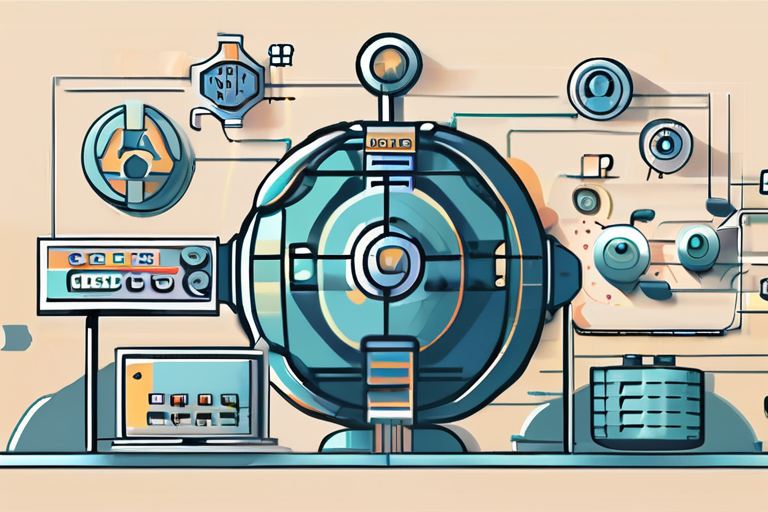





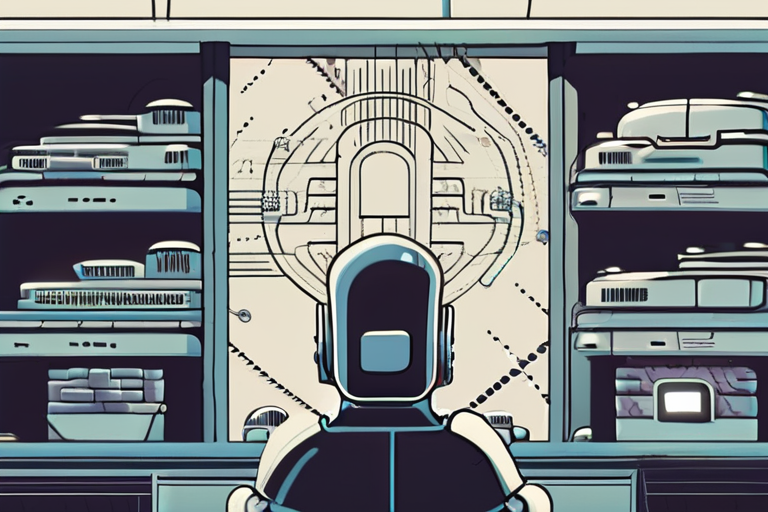
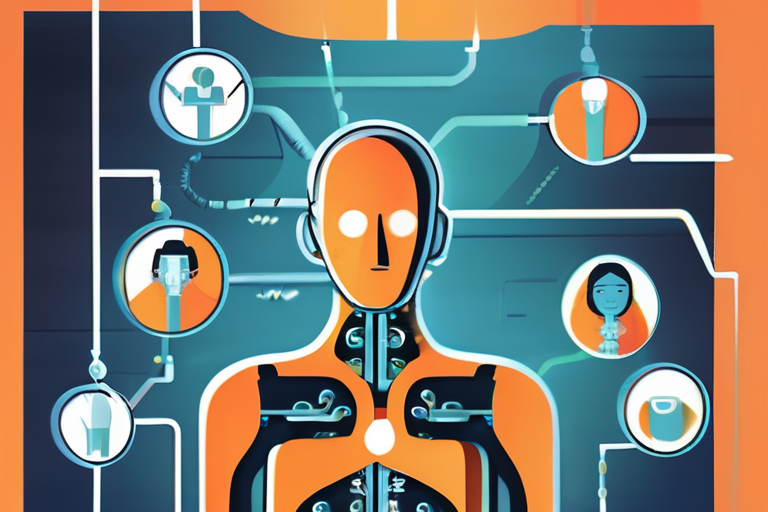

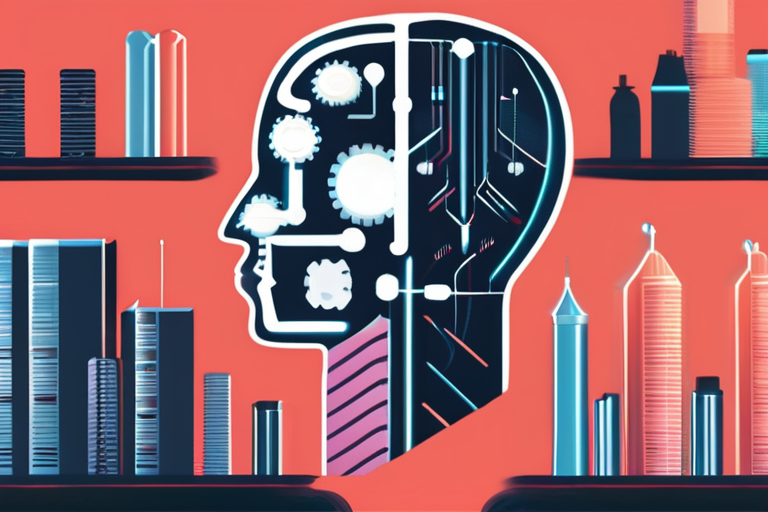
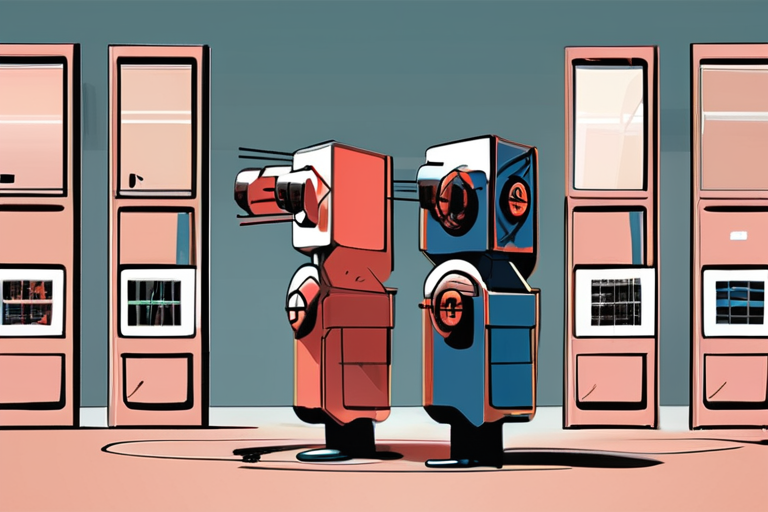



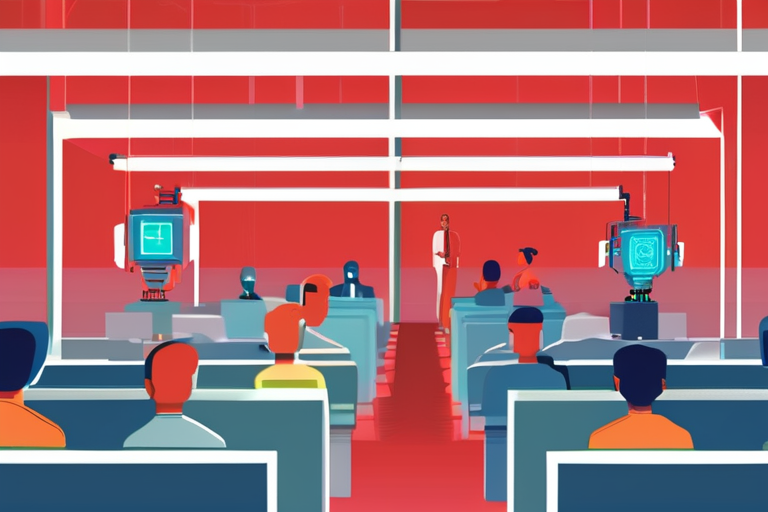

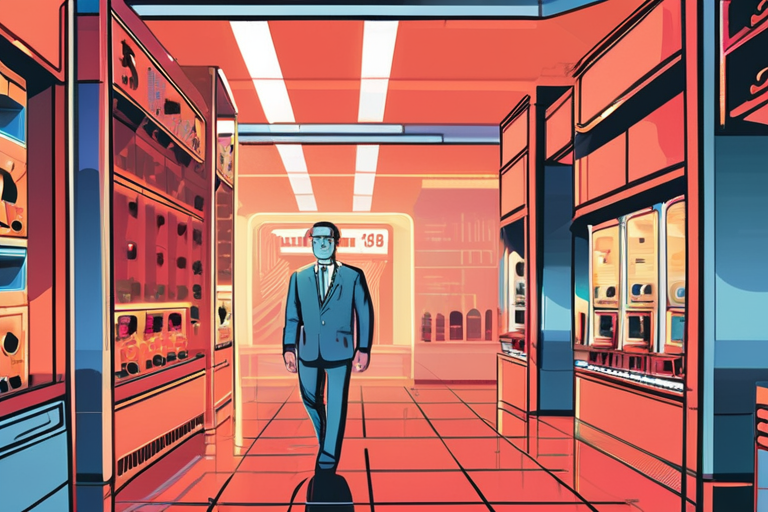


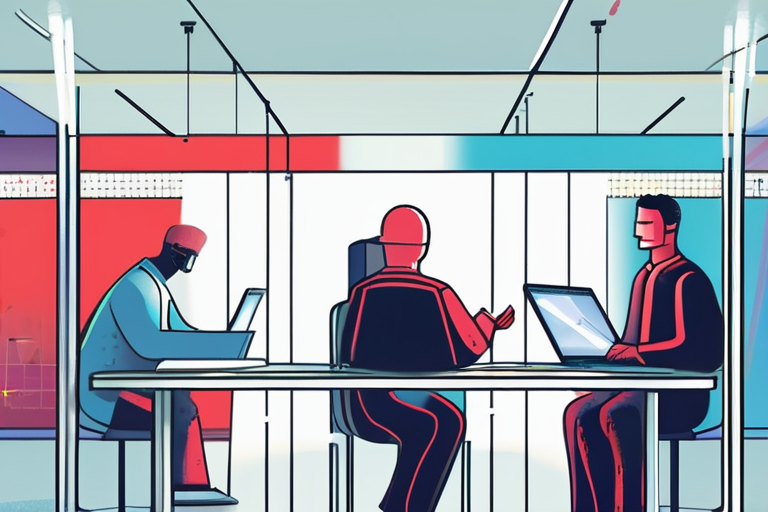


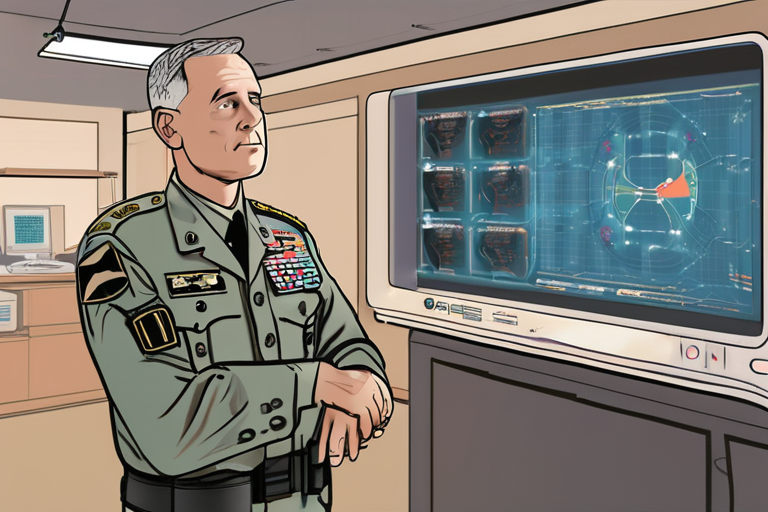
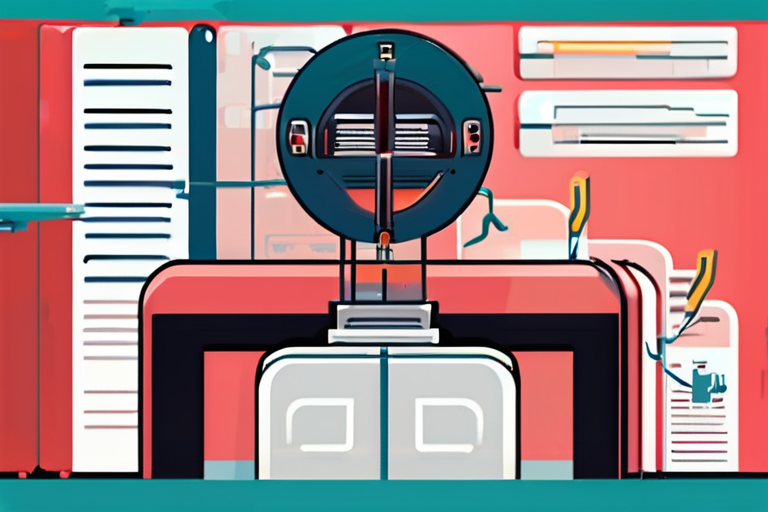

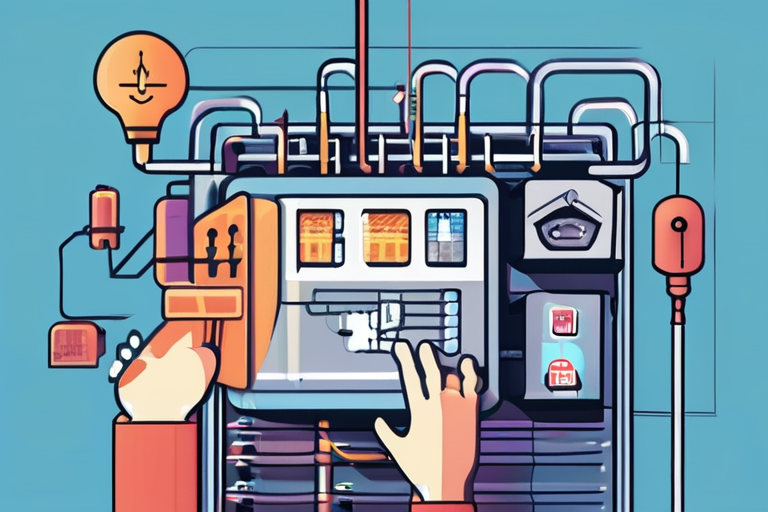
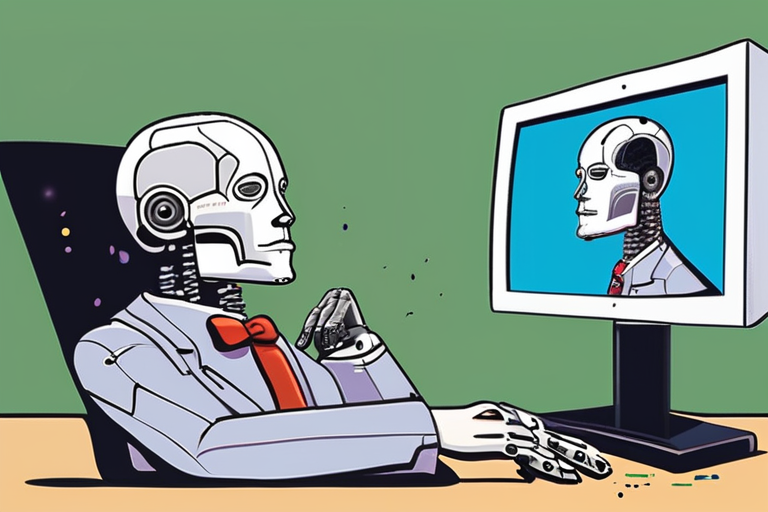
Share & Engage Share
Share this article